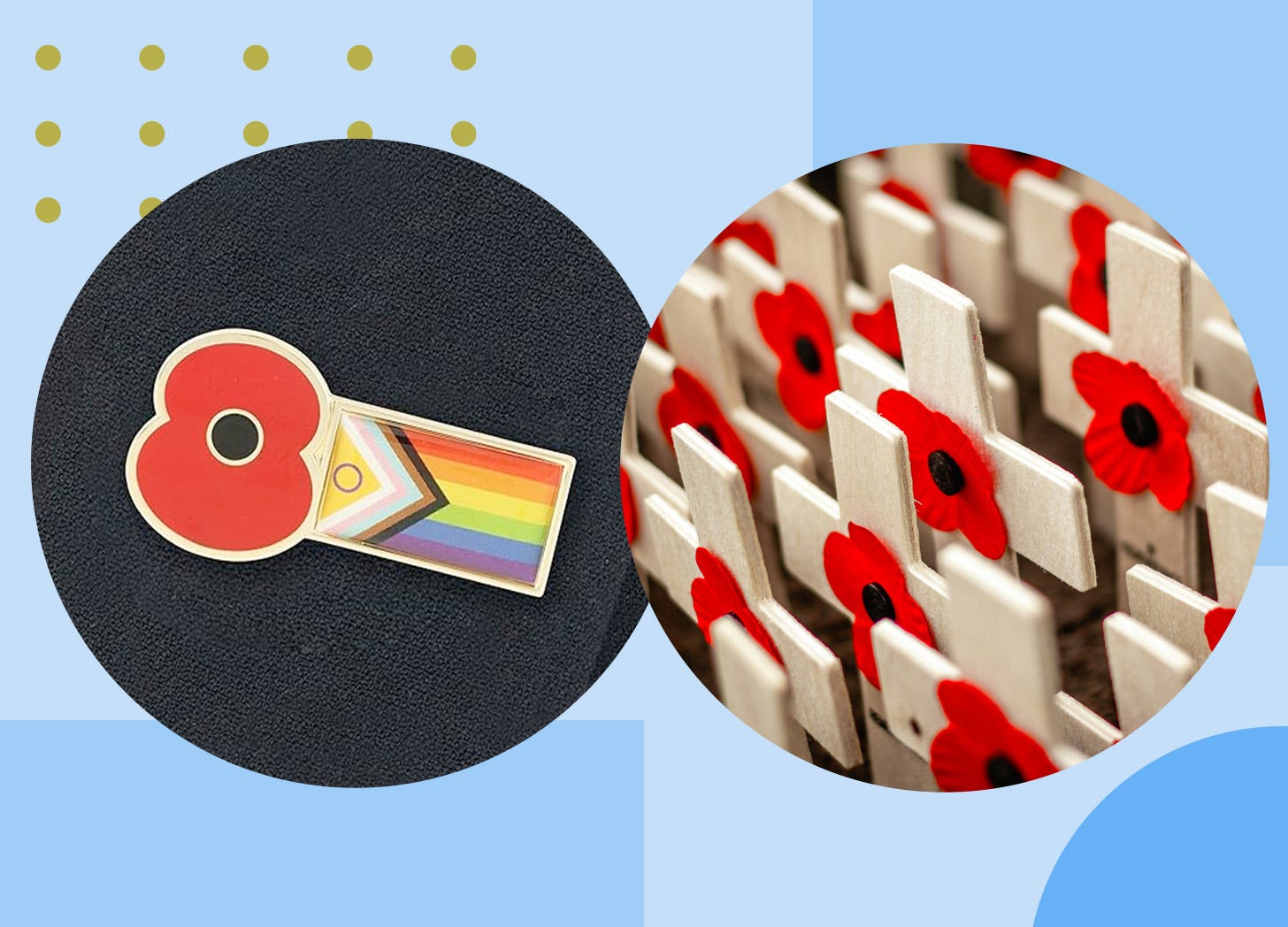80,000 Reasons not to buy a poppy from the Royal British Legion
Woke poppies? Don't waste a penny!
November is looming, and with it, Poppy Day Appeal.
How heartwarming it always is to see veterans and other volunteers across the UK manning stalls in supermarkets, tube and train stations, and market squares.
Led by the Royal British Legion, the appeal is a noble collective effort that reminds us of the huge sacrifices made by all those who have fought for this country, past and present. Every year, it raises an astonishing amount of money (£39.3m last year.)
Most donations to street collectors are small: a handful of change or a pound coin, often from children and the elderly – in other words, those who have the least to spare.
Wouldn’t it be nice to imagine that every single penny is well spent?
How disappointing, then, to see that the Royal British Legion sets aside a fat budget for pointless wokery. The charity is fully signed up to the whole Diversity and Inclusion agenda. To show they mean business, this year, they have issued a special Royal British Legion Pride Poppy featuring those bewildering circles and triangles.
I don’t recall seeing any of those shapes or colours on images of battlefields.
According to Amazon, which offers various buying options, “100pc of the profits from every purchase go directly towards funding Royal British Legion’s ongoing work in supporting the Armed Forces Community, serving and ex-serving personnel and their families.”
Oh yeah?
What if that very important “ongoing work” includes totally unnecessary virtue signalling?
Does the Royal British Legion really need a “Head of Diversity and Inclusion,” on an advertised salary of between £64,122 and £67,437 a year?
This is not a new role. Indeed, this time last year, the previous post-holder, one Jennifer Dyer, was wheeled out to celebrate “National Inclusion Week” – whatever that is. (1)
In a cringeworthy interview with her own employers, she explained that her lavishly paid job was to “drive change” so that the Royal British Legion become “a more diverse and inclusive organisation.”
“You would come to me if you want to chat or get advice on how to reach out to different and diverse audiences or make your services more accessible or generally find out more about equality issues.”
Does that seem £64k worth of vital to you?
Asked to share some “great advice” she herself has received in the role, she talked about a “fantastic line manager” who told her to ‘build her networks’ and ‘build her allies.’ What, you mean, make friends?
As for what she actually did, she described her “big projects” as “helping to support our wonderful Diversity and Inclusion Staff Networks,” and making sure the charity’s “D&I data is as accurate as possible.”
Seriously? What a load of meaningless guff.
It seems that donations from a trusting public – who think they are supporting those who put their lives on the line in service to this country – are being used to pay for someone to collect a few statistics; “have a chat” with colleagues, and/or act as a human Google search. No wonder veterans are furious – and have been writing to the charity to complain!
Taking into consideration Employer National Insurance Contributions (about to go up) and all the other costs associated with hiring someone, that job does not cost the Royal British Legion £64k or even £67k. It costs the Royal British Legion at least £80k.
That’s about 80,000 poppies.
And that’s not including all the other DI roles. For if there is a “Head of Diversity and Inclusion”, presumably, there are several underlings.
We rang the Royal British Legion’s media office, who couldn’t immediately say how many DI staff they employ. This in itself tells a tale. Apparently, they’ll get back to us.
Given how many people in this country are eager to support the armed forces, and those who have served our country, I can’t help thinking that all these roles could be filled by volunteers – if there is any point to them at all.
Asked about the Pride badge, the Royal British Legion said it “symbolises support for the LGBTQIA+ community, an integral part of our armed forces past and present. It stands in solidarity with those who faced discrimination, especially under the Ban, when being gay, lesbian, or bisexual in the military was illegal.”
Whatever.
This year, I, for one, will be finding another veterans’ charity to support.
What a scandalous waste of money.



